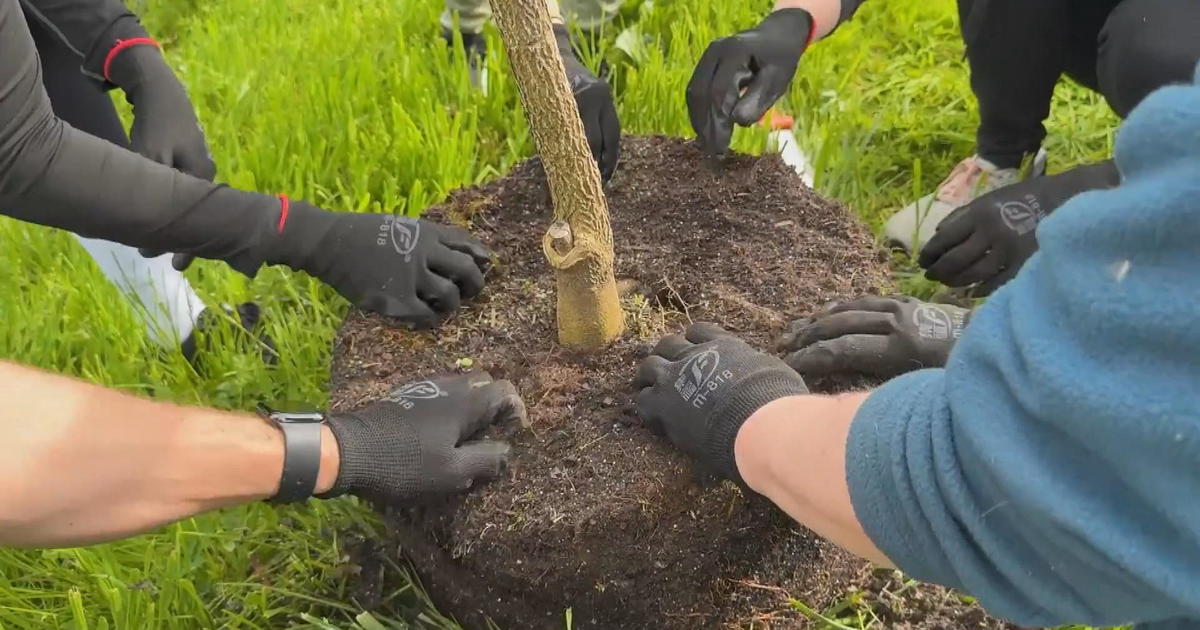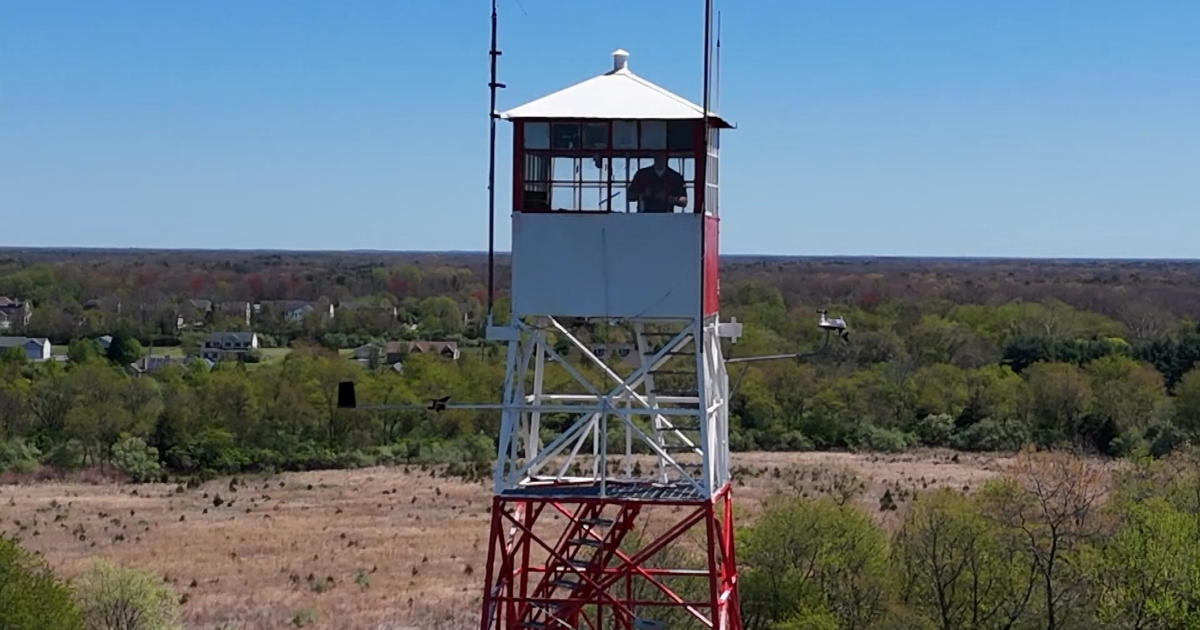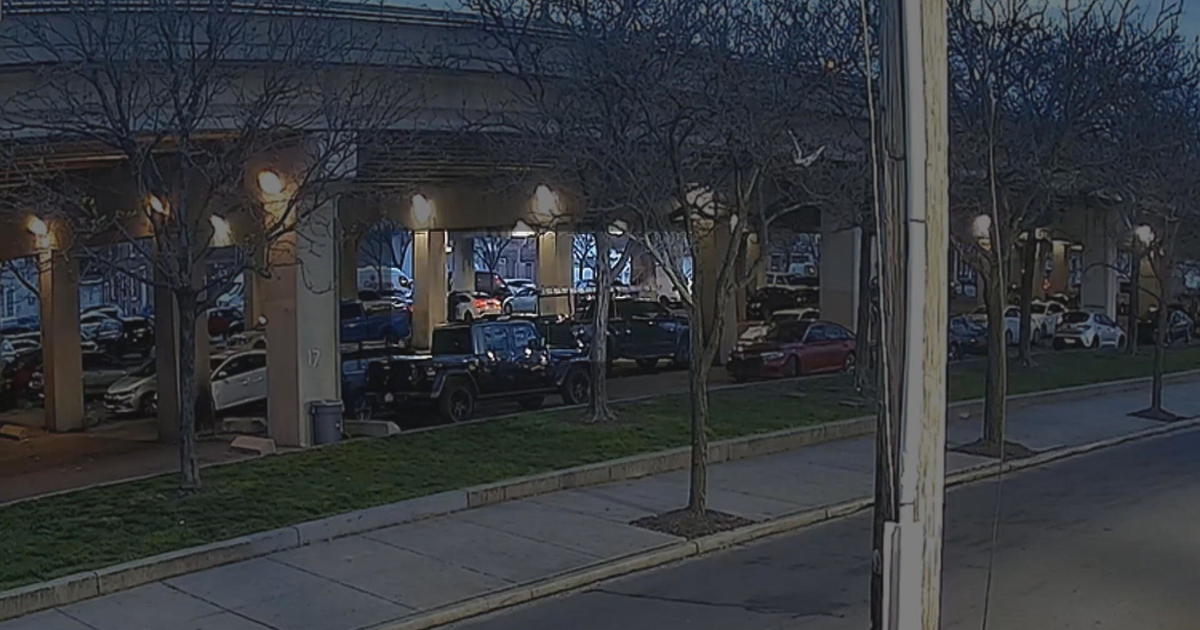Philadelphia L & I Asks Community Development Corporations To Take Over Neighborhood Eyesores
By Cherri Gregg
PHILADELPHIA (CBS)--Philadelphia's Department of License and Inspections is hitting the streets and asking community groups to take over blighted properties.
"We've launched an aggressive community tour," says Carlton Williams, L&I commissioner. He says his department spends at least $20 million a year maintaining the city's tens of thousands of vacant and blighted properties. But new laws, like Act 135, allow individuals or organizations to get conservatorship control of the neighborhood eyesores, so Williams says he's hoping community development corporations take action.
"The CDCs are well positioned because some of them get grant monies and dollars to specifically address affordable housing in neighborhoods," he says, "so it would be great if they could take those dollars and be able to invest in these properties."
Last month, Mount Airy USA became the first CDC to use the Act 135's conservatorship process to take over a blighted property. It took the organization roughly six months to convince a judge to give the organization control of the property, which had been a problem in the community for years.
Now, the organization is working on renovating the row home and has plans to put it up for sale in spring 2014
Although Williams says CDCs in Frankford, Fairmount and Overbrook considering the option, most are cautiously waiting to see how Mount Airy USA makes out.
For example, Sandy Salzman of the New Kensington Development Corporation told KYW Newsradio in an email, "We like the idea of this process and are keeping an eye on it to see if this might be a tool that works for us in the future," she wrote, "we are very curious about whether this route will be one that will work for us or others in the future at a scale that is efficient and workable for community based organizations."
Much of the hesitation in developing these properties appears to be the money and process involved. The Conservatorship process requires a CDC to research the property to ensure it is not occupied, is not up for sale, and is a neighborhood safety hazard. The next step is to convince a judge that the CDC has the ability and the resources to immediately maintain and safeguard the property. If a court grants conservatorship, a CDC will get the power to borrow money for rehabilitation and to maintain the property.
"If it's in a marketable area, you will have the opportunity to sell it at a market rate where you can recoup some of the resources that you put into it as an investment," says Williams, "especially with CDCs, you can use the proceeds to buy more properties."
Whether or not this new process will catch on, is unclear. But Williams says his fingers are crossed.
"Educating residents, educating groups, educating CDCs has been our mission," he says, "We hope that we are able to work with them to get involved."
For more, listen to the interview with Carlton Williams click here.
To review the conservatorship handbook, click here.
Follow Cherri Gregg on Twitter @cherrigregg



